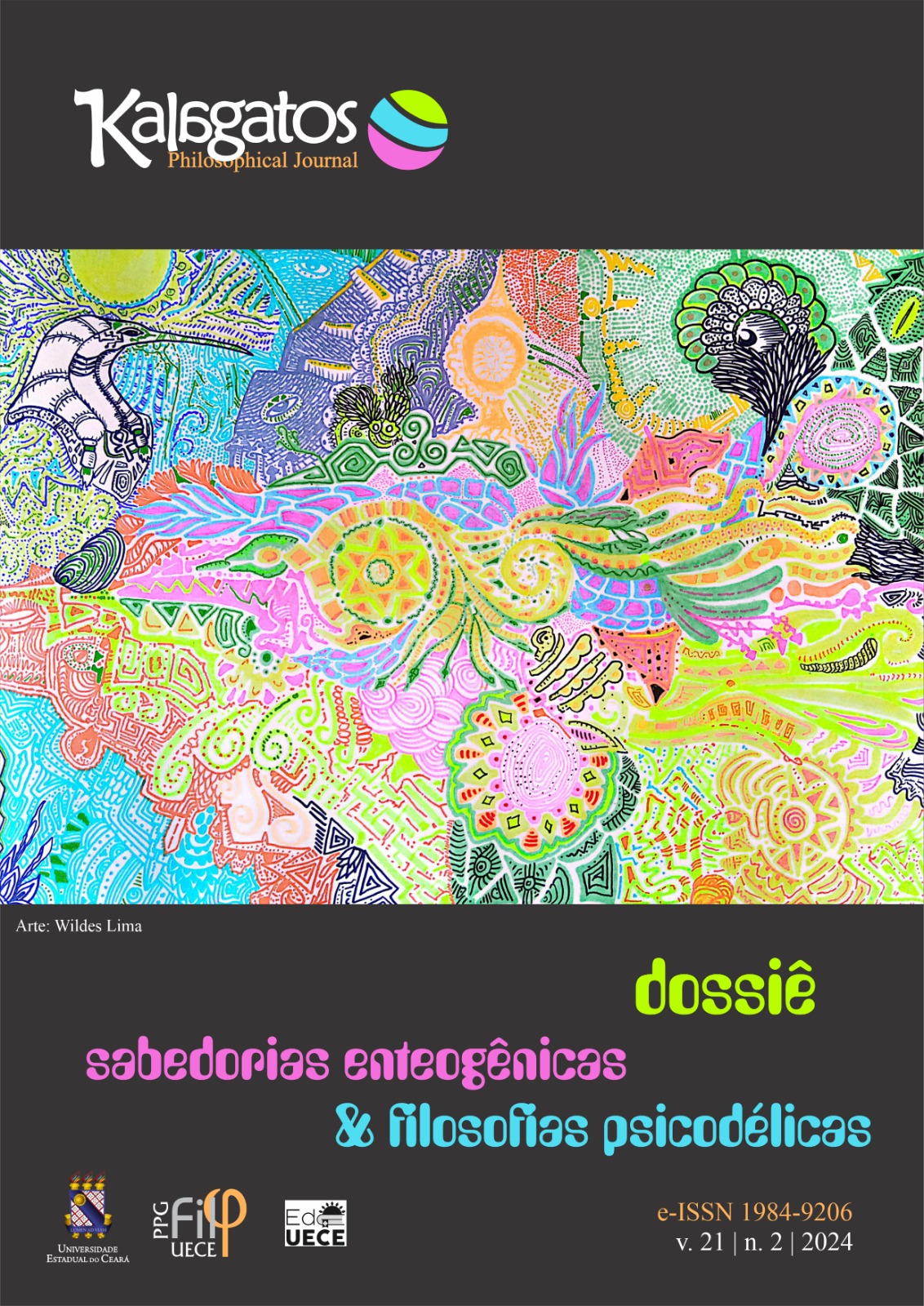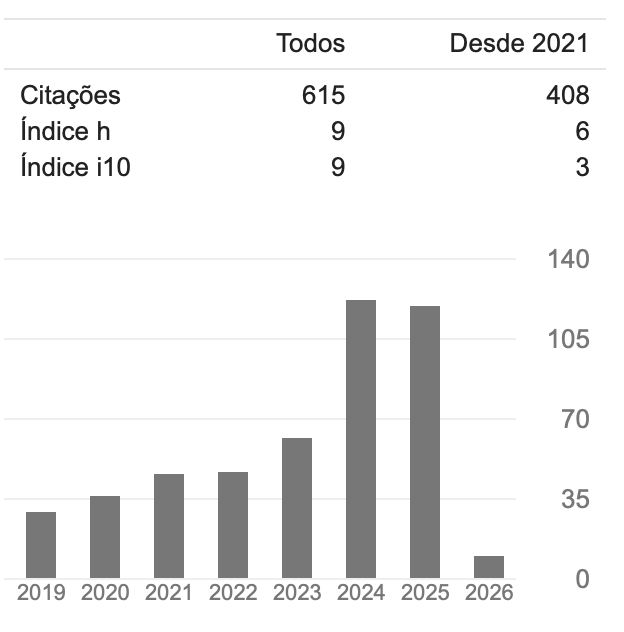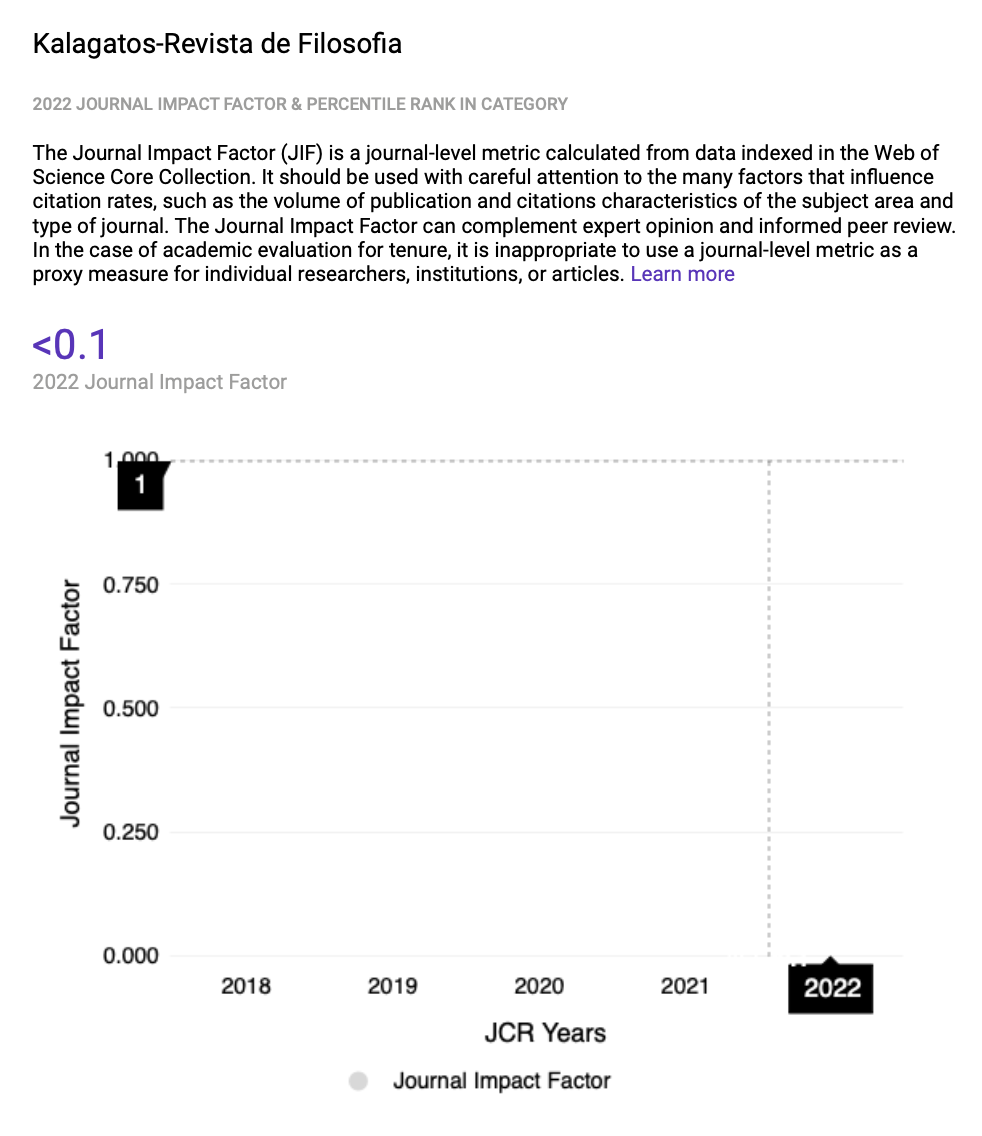Genealogía del pharmakon y usos filosóficos de las sustancias psicodélicas
Schlagworte:
Filosofía, psicodélicos, genealogía, pharmakon, usos culturalesAbstract
El objetivo de esta investigación es proporcionar el marco teórico y la metodología para desarrollar una genealogía del pharmakon, especialmente enfocada en los usos culturales que han tenido las sustancias psicodélicas a lo largo de la historia. El desarrollo de esta genealogía permitirá explicar la configuración de los regímenes farmacráticos que han sustentado las políticas de la prohibición, así como las relaciones de dominación derivadas de la triada saber-poder-verdad. Con base en los trabajos desarrollados por Friedrich Nietzsche y Michel Foucault examinaremos una zona poco explorada tanto en la filosofía como en los estudios psicodélicos. Otro objetivo fundamental es explicar de manera clara los posibles usos filosóficos de las sustancias psicodélicas, pues el actual proceso de globalización también llamar “renacimiento psicodélico” privilegia los usos médicos o religiosos, los cuales están vinculados con instituciones disciplinarias como los hospitales y las iglesias. Esta genealogía también pretende profundizar sobre el pharmakonentendido como principio filosófico en la tradición filosófica de Occidente.
Downloads
Downloads
Veröffentlicht
Zitationsvorschlag
Ausgabe
Rubrik
Lizenz
Copyright (c) 2024 OSIRIS GONZALEZ ROMERO, Héctor García Rojas

Dieses Werk steht unter der Lizenz Creative Commons Namensnennung 4.0 International.



















